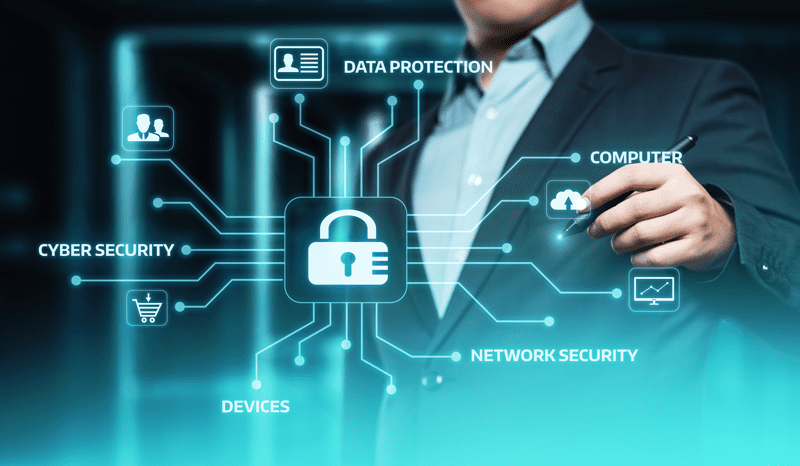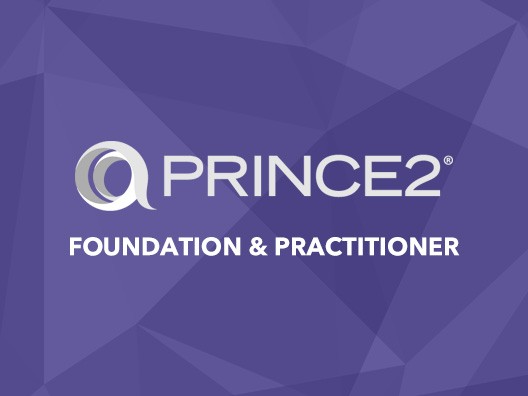In today’s hyperconnected world, where digital landscapes constantly evolve, the need for proficient cybersecurity professionals has never been greater. With cyber threats becoming increasingly sophisticated and pervasive, organizations across industries are seeking individuals equipped with advanced skills and knowledge to safeguard their digital assets. In response to this demand, postgraduate certifications in cybersecurity and ethical hacking have emerged as invaluable credentials, empowering professionals to tackle complex cyber challenges head-on.
Understanding the Landscape:
Cybersecurity and ethical hacking are integral components of modern digital defense strategies. Cybersecurity encompasses a broad spectrum of practices aimed at protecting systems, networks, and data from unauthorized access, data breaches, and other cyber threats. On the other hand, ethical hacking, also known as penetration testing, involves simulating cyber attacks to identify vulnerabilities in systems and networks, thereby fortifying them against real-world threats.
The Importance of Post Graduate Certification:
While foundational knowledge in cybersecurity can be acquired through undergraduate programs or entry-level certifications, postgraduate certification offers a more comprehensive and specialized approach. These programs delve deeper into advanced concepts, methodologies, and tools relevant to cybersecurity and ethical hacking, equipping professionals with the expertise needed to address emerging threats effectively.
Key Benefits of Post Graduate Certification:
- Advanced Skill Development: Postgraduate certification programs provide a platform for professionals to enhance their technical skills and proficiency in areas such as penetration testing, cryptography, digital forensics, secure coding, and network security.
- Industry-Relevant Curriculum: Designed in collaboration with industry experts, these programs offer up-to-date curriculum aligned with the latest cybersecurity trends, technologies, and best practices, ensuring that graduates are equipped to tackle real-world challenges.
- Hands-on Experience: Practical experience is paramount in cybersecurity education. Postgraduate certification programs often incorporate hands-on labs, simulations, and real-world projects to provide students with experiential learning opportunities, enabling them to apply theoretical knowledge in practical scenarios.
- Professional Recognition: Obtaining a postgraduate certification in cybersecurity and ethical hacking enhances professional credibility and opens doors to diverse career opportunities in both the public and private sectors. Employers recognize the value of advanced credentials in identifying candidates with specialized expertise.
- Networking Opportunities: These programs facilitate networking with industry professionals, fellow students, and alumni, fostering valuable connections that can lead to career advancement, mentorship, and collaboration on future projects.
Navigating the Program Landscape:
When considering postgraduate certification options in cybersecurity and ethical hacking, prospective students should assess various factors such as program accreditation, faculty expertise, industry partnerships, curriculum relevance, practical learning opportunities, and alumni outcomes. Additionally, evaluating the program’s flexibility, delivery format (online, on-campus, or hybrid), duration, and cost can help individuals choose a program that aligns with their career goals and personal circumstances.
Conclusion:
In an era defined by digital innovation and ubiquitous connectivity, the importance of cybersecurity and ethical hacking cannot be overstated. Postgraduate certification programs play a pivotal role in cultivating the next generation of cybersecurity professionals equipped to safeguard digital assets, mitigate cyber threats, and uphold the integrity of cyberspace. By investing in advanced education and skills development, individuals can position themselves as indispensable assets in the ongoing battle against cybercrime and ensure a secure digital future for organizations and society as a whole.












